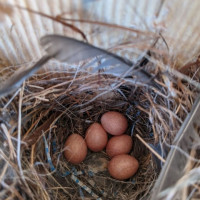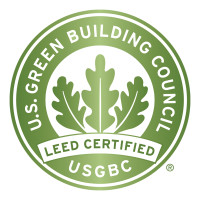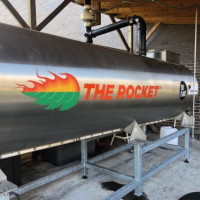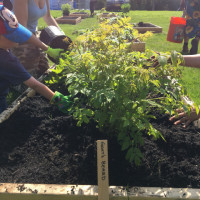Goal 15: Life on Land
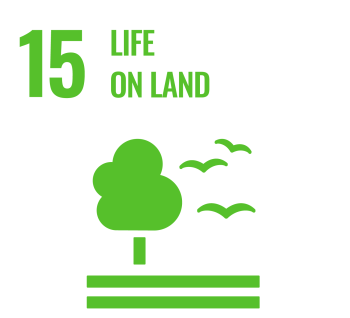
Nature is critical to our survival: nature provides us with our oxygen, regulates our weather patterns, pollinates our crops, produces our food, feed and fibre. But it is under increasing stress. Human activity has altered almost 75 per cent of the earth’s surface, squeezing wildlife and nature into an ever-smaller corner of the planet. Learn more at un.org.
What We’re Doing
Ways to Get Involved
- Volunteer in the Native Flower Garden by contacting Dr. Allyson Jackson, Assistant Professor, Environmental Studies.
- Follow “Leave No Trace” principles in outdoor areas on campus
- Get involved with students organizations such as Green Fee Council, FreeNew, FreeStore, and The Rocket Compost, among others.
- Attend Sustainability Advisory and Outreach Committee meetings
Academics
- Purchase offers classes related to clean energy. Check out courses in Environmental Studies, and Liberal Studies, to learn more.*
*Contact us if you would like your department course page listed.
What Else We’re Doing
- Facilities Management has adopted many sustainability and biodiversity-focused practices: ForeverWild; native plant policy; tree planting; focus on planting native plants; and no-mow zones
- The Office of Residential and Student Life has regular programming such as “seed bombs” using native seeds to beautify spaces on campus
- The Beechwood tree located by Admissions was taken down due to natural causes and the remaining material will be used in Visual Arts courses.
